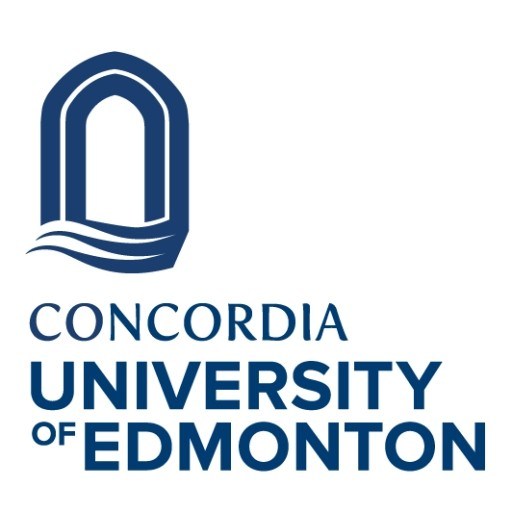The Bachelor of Arts in History at Concordia University of Edmonton offers students an in-depth exploration of the past, equipping them with critical thinking, analytical skills, and a profound understanding of historical events, cultures, and societies. This comprehensive program is designed to provide students with a broad foundation in historical knowledge while also enabling specialization in particular areas of interest through diverse elective courses. Students will examine periods ranging from ancient civilizations to modern times, gaining insights into political movements, social changes, economic developments, and cultural transformations that have shaped the world. The curriculum emphasizes the development of research skills, argumentation, and academic writing, preparing graduates for various careers or advanced studies. Through engaging lectures, discussions, and research projects, students learn to interpret primary and secondary sources, analyze historical narratives, and articulate well-supported conclusions. The program also encourages critical reflection on historical perspectives, challenging students to consider multiple viewpoints and understand the complex forces that influence historical developments. In addition to core history courses, students have opportunities for interdisciplinary learning, participating in courses from related fields such as politics, anthropology, and literature. The Bachelor of Arts in History aims to foster lifelong learning, cultural awareness, and civic responsibility. Graduates from this program are well-prepared for careers in education, government, museums, archives, journalism, and other sectors requiring strong research, communication, and analytical skills. The program at Concordia University of Edmonton offers a supportive academic environment, faculty expertise, and opportunities for practical experience through internships and research projects. Students are encouraged to engage actively with the university community and to participate in events and activities that enhance their learning and personal growth. By the end of their studies, graduates will have developed a nuanced understanding of historical processes and their relevance to contemporary issues, gaining skills that are valuable in a wide range of professional contexts.

